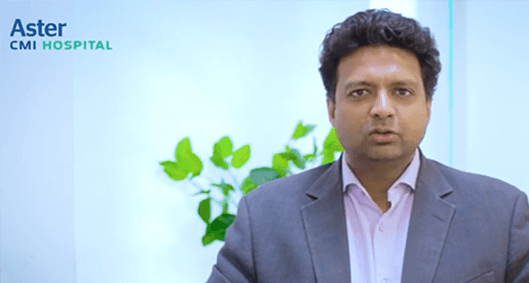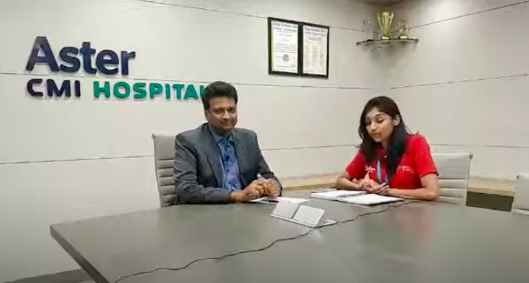
These are cancers that arise from the covering of ovary and peritoneum. They are called epithelial ovarian cancers (EOCs) if arising from the ovary or primary peritoneal cancers (PPCs) if arising from the peritoneum. These are the most common ovarian cancers, accounting for approximately 90%.
Symptoms:
Early symptoms of ovarian cancer may be very subtle. The most typical symptoms include bloating, abdominal or pelvic pain or discomfort, back pain, menstrual irregularities, vaginal bleeding, loss of appetite, fatigue, indigestion, heartburn, constipation, feeling full, abdominal distention and urinary symptoms.
Diagnosis:
Complete physical examination including a pelvic examination, elevation of tumor marker (CA-125) and imaging modalities like Transvaginal USG, abdominopelvic CT or MRI is done first. The diagnosis is confirmed with surgery which includes inspection of the abdominal cavity for comprehensive surgical staging and optimal cytoreduction/debulking. If this is not possible biopsy or cytopathology from the ascitic or pleural fluid is recommended. Complete staging should be done with either CT chest, abdomen & pelvis or PET CT. Genetic risk evaluation, along with germline & somatic testing for BRCA 1/2 mutation, is recommended for all patients.
Treatment:
For patients who are good surgical candidates, primary treatment is surgery and debulking followed by adjuvant chemotherapy with Platinum (Carboplatin) based combination chemotherapy regimens. For patients with stage II-IV EOCs addition of targeted therapy (Bevacizumab) along with adjuvant chemotherapy and maintenance for one year is recommended.
For patients who are not fit for surgery neo-adjuvant chemotherapy with Platinum (Carboplatin) based combination chemotherapy regimens followed by interval surgery and debulking as possible, followed by completion of chemotherapy is the option. Hyperthermic Intraperitoneal Chemotherapy (HIPEC) with Cisplatin can be considered at the time of surgery for patients with stage III cancers. For patients with stage II-IV EOCs addition of targeted therapy (Bevacizumab) is done in adjuvant setting, and maintenance therapy is given for one year.
PARP Inhibitors like Olaparib and Niraparib can be considered as maintenance treatment after completion of primary treatment with or without Bevacizumab, especially in patients with BRCA 1/2 mutation.
Cancer Therapy India is known as the best ovarian cancer hospital in India having the best ovarian cancer doctor in India with extensive experience in the diagnosis and treatment of virtually every kind of cancer. Cancer Therapy India is designated as the best hospital for ovarian cancer treatment in Bangalore as we have some of the best ovarian oncologists in Bangalore who are expert in using the latest technologies and treatments to address unmet patient needs and have vast experience in providing ovarian cancer treatment in Bangalore.




